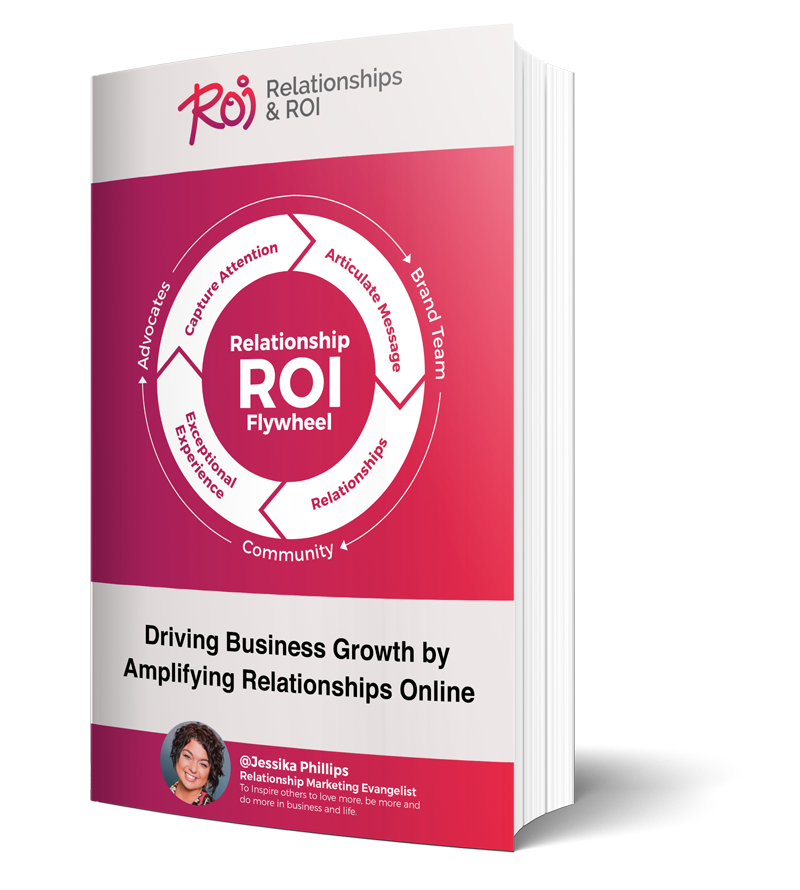Just when you thought you got the idea of content writing down, you were probably faced with a tough question: how much do I really need to write? The internet has gone back on forth on how much content is enough. Some favor short and sweet blogs; others want you to create longer pieces of content. So how much do you need?
Well, the answer is, it depends.
Long form content usually consists of well-researched content. It’s in depth and data backed. If you need 3,000 words to fully flesh out an idea and topic, then by all means write a long form piece of educational information.
One of the best benefits of writing longer content is that Google wants your web page to have that rich content. When you have an in-depth and well-researched article, Google rewards you by ranking you higher. Google believes that longer form content is more relevant because it’s more detailed, so that’s what Google is looking for your content to be.
But don’t think that it’s only the word count that matters. Google is also looking for quality. So do the research and write well. Once you are able to write in-depth content, you’ll be recognized as an authority on the subject of your industry, providing value to your readers, and making it more likely that they’ll stay on your site.
Long form content is also better to gain that traffic we all want and makes it more likely that they’ll leave comments. And, additionally, it’s better at keeping people on your page, longer.
Tip -- Test out various lengths. What works best for your website or, in other words, what content is being found and read?
Shorter content, generally 500 to 700 words, is, of course, less in depth. Instead of multiple sources or data points, there’s usually only one. This can work if that’s what your audience is looking for. It’s content that is easily shared, easily read, and, a plus for you, is easy for you to write and lets you keep a consistent schedule of blogs. As long as you can fully explain your points, you’ll likely be O.K.
Of course, there are downsides. Short and sweet can be easily forgettable. It also might not have enough information for the reader, and you may lose credibility.
And beware of what Google calls “thin content.”
One of the most important ways to improve your ranking on Google is to ensure that is full of information, which includes relevant keywords that are used appropriately and show that you actually know what you are talking about.
Thin content is often made up of automatically generated content, thin affiliate pages, content from other sources (for example scraped content or low-quality guest blog posts), and doorway pages. However, if your average posts are 200 words or less, you may be dinged for your lack of content. Generally, no less than 300 words is a good rule of thumb, as long as you have a well-written article.
The most important thing about your content length is developing a strategy that works for you, based on what your audience is looking for. If short form content is gaining you traffic, you’re probably fine. If not you may want to beef up your research and write more. Focus less on a specific word count, and more on the quality of the content.




Comments